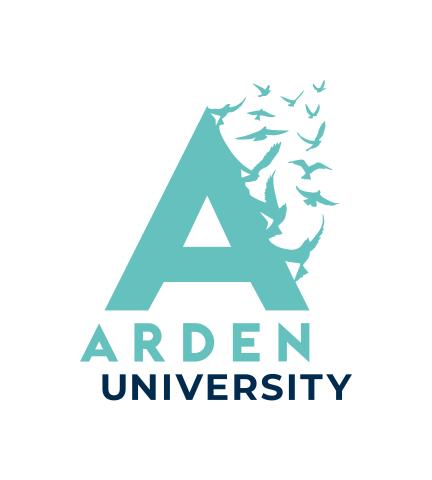
How can we make the university experience more inclusive for neurodivergent students?
You may also like
Higher education institutions ought to be an ideal context for neurodivergent flourishing. Post-secondary school learning should, in theory, increase independence, autonomy and flexibility for learners, especially in terms of routine. They’re able to follow their passions, choose their own learning patterns and establish new peer groups with shared interests, all in a safe space. However, we know there are also many barriers that can prevent neurodivergent students thriving at university.
Neurodivergent individuals can experience high levels of anxiety when it comes to sharing their differences, especially within systems that tend to highlight their deficits and place responsibility on the student to obtain support. This is a big barrier, especially when educators use more traditional approaches to assessment, such as examinations and essays, rather than authentic assessments.
- Supporting students who stammer in higher education
- A tailored onboarding programme can help set neurodivergent students up for success
- What universities can do to support their autistic employees
Pedagogical practices that are not designed for cognitive diversity can prevent students developing a sense of competence and belonging. Some neurodivergent students may require more support to navigate the move from home to university, or more guidance with extracurricular aspects of campus life and the transition from post-secondary education to the workplace. However, such support is not universally available – or left to the student to find it.
These barriers can prove overwhelming and impact well-being and graduate outcomes. Studies have found that fewer than 40 per cent of university students with autism complete their courses and they are 10 times more likely to drop out of higher education.
Create an inclusive learning environment
Unfortunately, neurodivergent students are often excluded because of the nature of the standard curriculum. Lengthy lectures and dense online content can make it difficult to engage, as opposed to encouraging discussions or tasks that will give students a break from staring at the screen.
Reviewing assessments is key too, and universities can offer personalised assessments based on the student’s interest in a particular topic area. This will allow students to be actively involved in the assessment process. Help them to learn more about assessment tasks and understand the importance of these for their own learning – asking students to write their own assessment questions can be a gamechanger.
Ambiguity can be particularly problematic here. To tackle this, assessments can be designed to require students to apply their knowledge to contemporary real-world scenarios or problems. There should also be clarity in terms of assignment details, deadlines and expectations.
Flexible learning is vital. We can learn from a recent study in the US, which revealed that 79 per cent of neurodivergent workers prefer to control their schedules, with certain adjustments – such as working from home – making respondents feel they are more likely to succeed. Higher education can learn from this, offering classes at alternative times and providing ways of accessing materials for those who might be unable to attend physical lectures or seminars.
However, diverting from traditional teaching can be daunting for higher education institutions, and it is important that lecturers also get the support they need. I would always recommend having a peer mentoring programme that can guide staff, so they can find solutions to their students’ needs. Remember: we shouldn’t rely on students to vocalise their issues. If we notice them as educators, it is our responsibility to offer support. I’d advise teachers to undertake any course or training they can to fully understand the challenges neurodiverse students may face. At Arden University, we offer a PGCert in neurodiversity, which provides the knowledge and skills to understand neurodiversity and support people in both professional and personal settings.
Prevent sensory overload
On top of educational pressures, the traditional learning environment can be overstimulating for those with neurodiverse conditions. As such, consider the use of lighting, sound and space, as well as the content and pace of classes. Be mindful of the diversity of needs throughout.
Teaching materials should be prepared with the same level of consideration. For instance, when preparing teaching materials, academics should be mindful of the background colour, the font used (such as sans serif, which has distinctive letterforms and defined characters) and avoid large blocks of text.
Technology can really help. For neurodivergent individuals who experience sensory overload, using noise-cancelling headphones, colour-coded calendars or apps that help with time management and organisation can be helpful. Some individuals may also learn best with their eyes closed or while they’re doing something else, such as doodling, because this can help keep them focused and prevent zoning out, a common symptom of many neurodiverse conditions. As educators, it’s down to us to help our students find the tools that help them, rather than dictating a specific method of learning.
Fear of being stigmatised worsens the divide between what is needed and what is available to ensure neurodivergent students’ success in higher education. While neurodivergent students may have specific needs, the support provided within education should be applicable to all students, so that we are designing education for all and support for all. This will help all students feel part of a collaborative learning community, where difference is seen as a strength.
Gail Steptoe-Warren is head of the School of Psychology at Arden University.
If you would like advice and insight from academics and university staff delivered direct to your inbox each week, sign up for the Campus newsletter.




